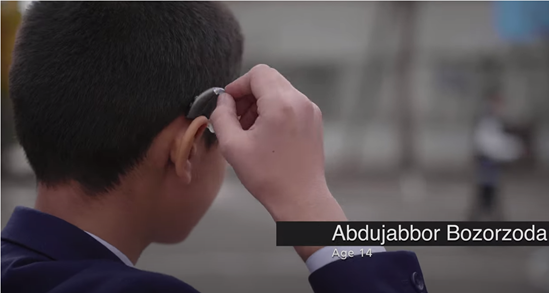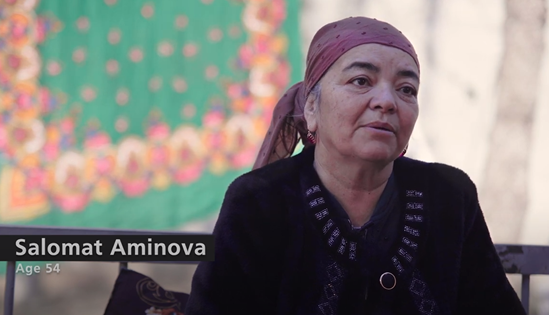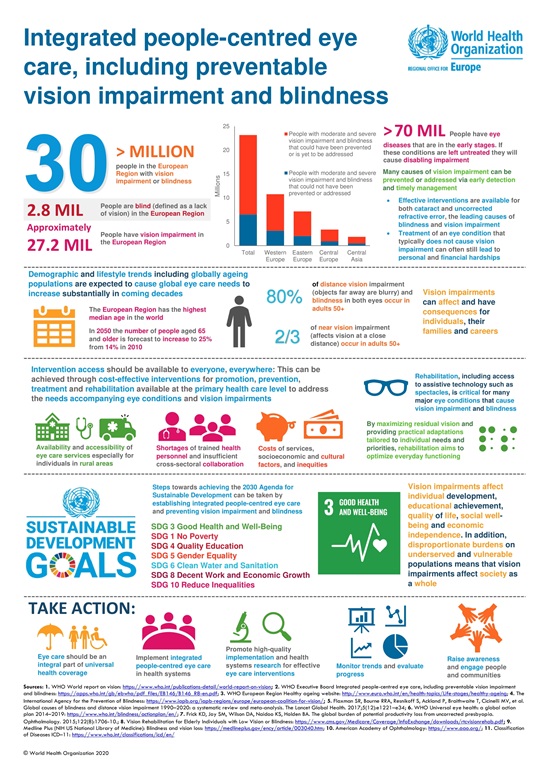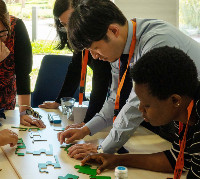Disability
Disability refers to the interaction between individuals with a health condition, such as cerebral palsy, cognitive impairment or depression, and personal and environmental factors, such as negative attitudes and stigma, inaccessible transportation and public buildings, or reduced access to social supports.
People with disability are a very diverse population encompassing a wide variety of ages, lived experiences, needs and life circumstances. Almost everyone will temporarily or permanently experience disability at some point in their life. While some health conditions associated with disability result in poor health and extensive health care needs, others do not. However, all people with disability have the same general health care needs as everyone else, and therefore require equitable access to health care services.
It’s estimated that there are at least 135 million people with disability in the WHO European Region.
The number of people experiencing disability is increasing due to a rise in chronic health conditions and population ageing. Evidence – both globally and in the Region – shows that, on average, people with disability have greater unmet health care needs and worse health outcomes, including mortality rates that are 2 to 3 times higher than the rest of the population across all ages. Unmet health care needs and poorer health outcomes can lead to unnecessarily high health care costs, as people with disability are more likely to experience delayed access to health care, which can lead to more difficult and expensive treatments.
Article 25 of the UN Convention on the Rights of Persons with Disabilities (CRPD) reinforces the right of persons with disabilities to attain the highest standard of health, without discrimination. However, not all countries provide adequate, quality services for people with disability. In the Region, only 50% of people with disability can afford health care, including rehabilitation services, while only 10% have access to assistive devices, with wide variations in these percentages between Member States.
WHO supports Member States to fully integrate disability inclusion in the health sector to ensure that people with disability across the Region:
- have equitable access to effective and quality health services, including cross-sectoral public health interventions;
- are included in health policies and programming, as well as resilience building and recovery plans during public health emergencies; and
- are supported to achieve the highest attainable standard of health.
In the Region, the needs of people with disability must be explicitly taken into consideration and fully addressed in order to reach the Triple Billion targets set out in the Thirteenth General Programme of Work, 2019–2023, and the corresponding core priorities of the European Programme of Work, 2020–2025 – ‘United Action for Better Health in Europe’ to move towards universal health coverage, better protect people against health emergencies, and ensure healthy lives and well-being for all.
‘The WHO European Framework for action to achieve the highest attainable standard of health for persons with disabilities 2022–2030’ will guide countries to fully include and consider people with disability in all health care planning, delivery, and leadership across the Region, leading to a disability-inclusive health sector and the promotion of the health and well-being of all persons.











.tmb-549v.png?sfvrsn=73f2b444_1)


